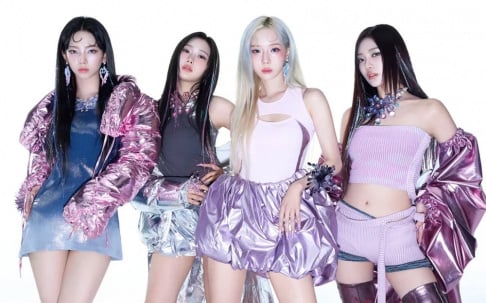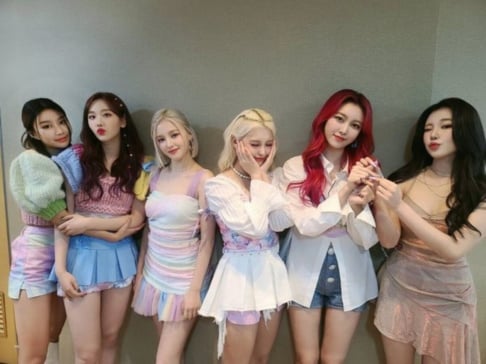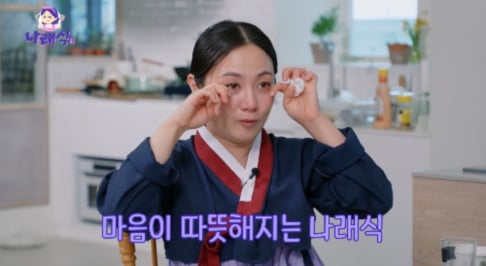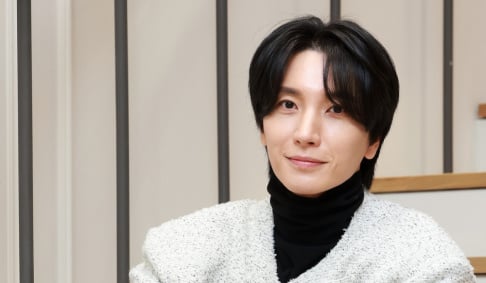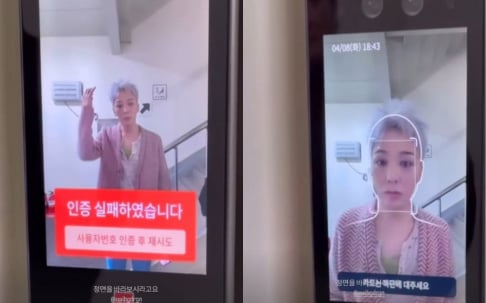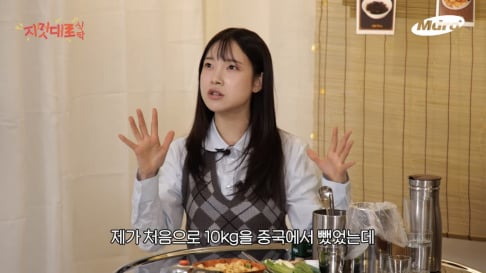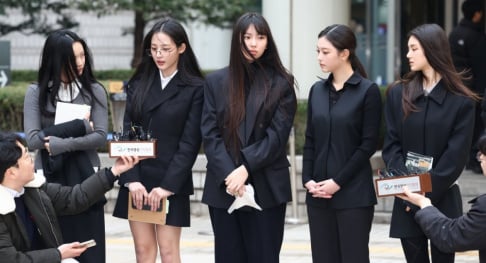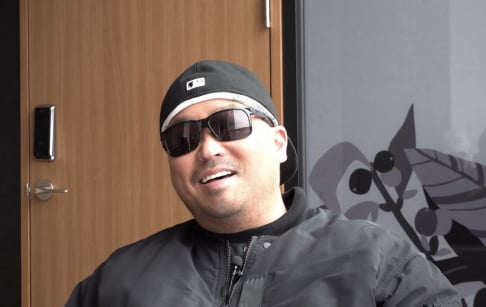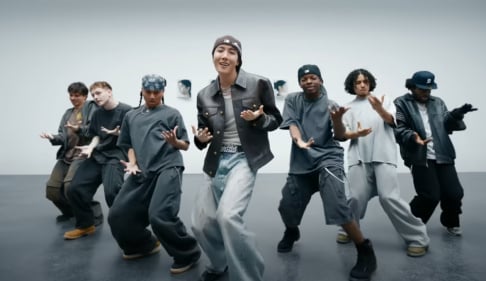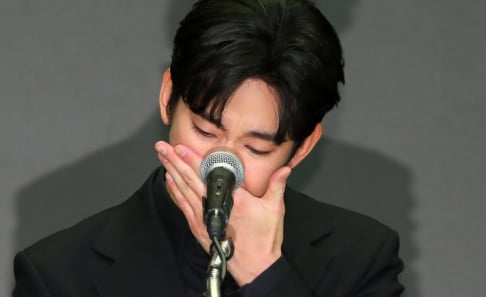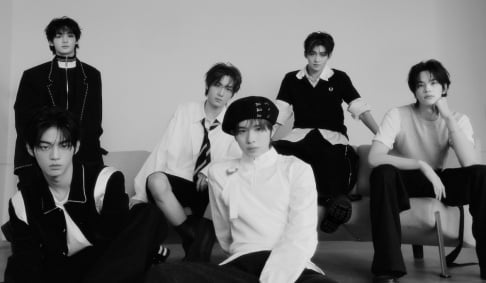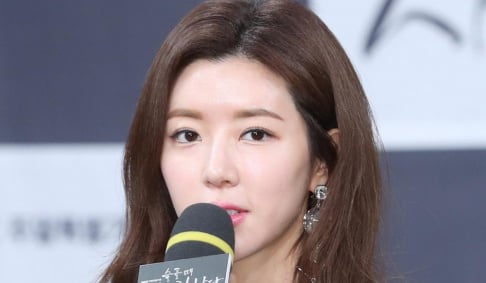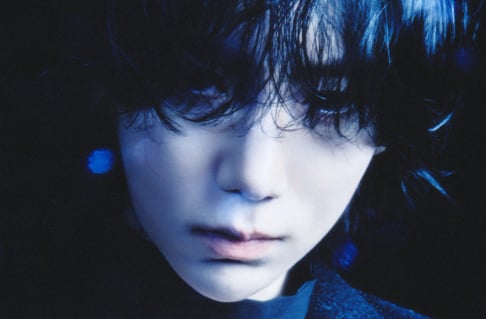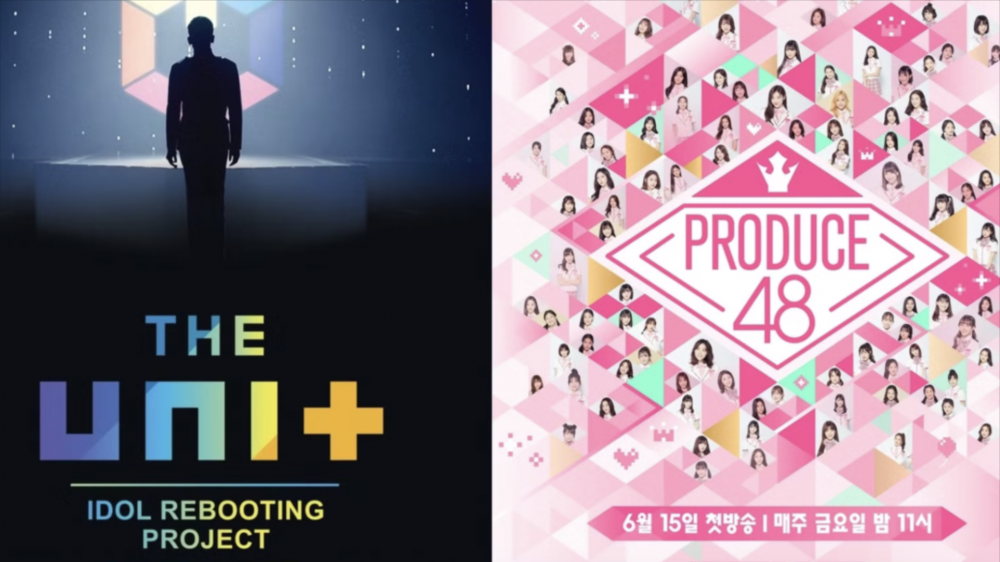
Survival programs aren’t a new concept in the world of entertainment. However, it wasn’t until MNET released “Produce 101” – a show that captured massive viewership and sparked nationwide discussion – that broadcasters began producing their own versions of the format. In the years since, we’ve witnessed a surge of survival shows including Produce 101 Season 2, Unpretty Rapstar, Show Me the Money, High School Rapper, The Unit, and more recently, Project 7 along with many others.
The Double-Edged Sword of Survival Programs
Although these programs are primarily designed for entertainment, they have made a significant impact on the K-Pop industry. On one hand, they offer a crucial platform for undiscovered talent—giving hopeful idols and singers the chance to showcase their skills on a grand stage that reaches millions of viewers worldwide. These shows have become a launchpad for many emerging artists, opening doors to fame that might otherwise have remained closed in the fiercely competitive world of K-Pop.
However, the fleeting nature of these groups raises serious concerns about the long-term career prospects for many participants. The temporary nature of success on these survival programs means that while contestants may enjoy a burst of popularity and exposure, sustaining that momentum in an oversaturated market proves to be a daunting challenge. As new groups debut almost every week, many former contestants find themselves struggling to secure a lasting position in the industry once the cameras stop rolling.
Moreover, the high-pressure environment on these shows is palpable. Contestants often endure grueling editing techniques—famously known in Korea as “devil’s editing”—which heightens every moment of tension and conflict to create compelling television. Yet, behind the drama and flashiness lies a relentless atmosphere that can take a heavy toll on the mental and emotional well-being of the participants. Industry insiders and mental health experts alike have raised concerns about the long-term effects of such pressure, questioning whether the intense spotlight is worth the potential cost to these young artists’ overall health.
Memorable Moments and Viral Sensations
Despite the high stakes and intense competition, survival programs have a knack for creating unforgettable moments that resonate with audiences worldwide. Consider the case of Jang Moon Bok from 'Produce 101,' whose unique look and high-strung vocals made him a viral sensation—even if his skills were sometimes questioned. Similarly, an iconic moment from 'Boys Planet,' where two participants performed a rendition of SEVENTEEN’s “HOT,” left the judges’ reactions to speak for themselves, quickly transforming the scene into an enduring meme.
After the Show: Navigating Life Beyond the Spotlight
The real test for survival program contestants comes after the cameras stop rolling. While the shows generate a burst of fame and excitement, only a handful of participants manage to secure a lasting foothold in the highly competitive K-Pop industry. Many former contestants end up following divergent career paths. For instance, Park Ji Hoon and Hwang Min Hyun have transitioned into acting, while Daniel Kang—once the “it” figure of his cohort—has since closed his entertainment company. Meanwhile, talents like Kim Do Yeon have opted to pursue academic opportunities in Europe, and Kim Se Jeong has similarly embraced acting over singing.
With new groups debuting almost every week, the pressure to stand out and achieve lasting success has never been higher. This saturation makes it increasingly difficult for survival program alumni to maintain the momentum they gained during the show.
Looking Forward: Boon or Bane?
So, are survival programs helping or hurting the industry? On one side, they provide a critical launchpad for fresh talent and inject excitement into the music scene. On the other, the transient nature of the resulting groups and the intense, sometimes ethically questionable, production methods raise serious questions about their long-term benefits. While some believe that these programs contribute positively by democratizing the discovery process, others argue that they only offer short-lived fame in a fiercely competitive market.
What do you think? Are survival programs a stepping stone to lasting success or just a fleeting trend in the K-Pop world?
SEE ALSO: Super Junior's Leeteuk angrily warns sasaeng who trespassed into his home
 SHARE
SHARE

